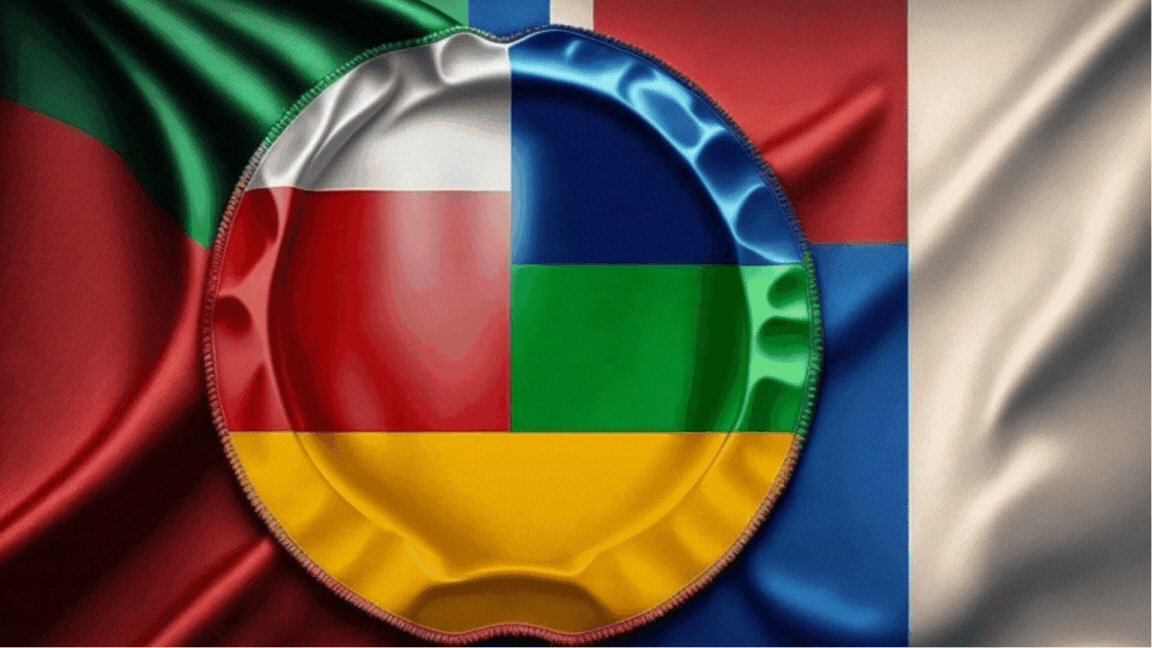The Latin American Report # 501

The death of José “Pepe” Mujica was the sad note yesterday, Tuesday, for the entire Latin American region. The acclaimed left-leaning leader leaves behind him a trail of ascetic, sober, hermit-like style, and sound cult to (social/liberal) democracy and social stability. Mujica entered politics in the rough-and-tumble way—abducting, robbing, and shooting as an urban guerrilla—, suffered imprisonment during the dark dictatorship of the 1970s, and then emerged as a popular statesman of great prose. His leftist militancy was an interesting critical exercise, and so libertarian or spontaneous that he promoted the pioneering legalization of marijuana. Over time, Mujica put less mute in his trumpet to criticize his (potential) regional co-religionists, such as Venezuelan President Nicolás Maduro, in recent times.
The case of his relationship with Argentina is very interesting in this regard. The late former president, who did not live in the palace, characterized with harsh terms key figures of Argentina's recent history. Of former president Carlos Menem, he said he was “a mafioso and a thief”, and of the Kirchneristas that they were “patoteros”—that is: immature or like a gang. He criticized Cristina Fernández de Kirchner just a few months ago for not having left the leadership of the Justicialist Party to new generations. "There is the old [Cristina Fernández de] Kirchner in Argentina, at the head of Peronism. Instead of being an old advisor and leaving [the space to] new generations, no, she is screwing there. How hard it is for them to get rid of the cake!" said the Montevideo-born man, who, like every human being, was full of mistakes and vices, but who somehow embodied what he professed. For example, a little more than four years ago, he resigned from his position as senator to make room for younger people.
Mujica died convinced that the Marxist class struggle, or the dictatorship of the proletariat, are failed theories or methods. He believed that the socialist bureaucracy is more parasitic than the capitalist bourgeoisie, because the latter at least creates jobs, he said. In other words, in the end, Mujica reconciled himself with big capital, although betting heavily on education for the country to face the growing technological development. He also died abhorring the democratic drift of Chavism in Venezuela, as he believed that a political contender must know how to lose and withdraw. For all this, I am a little annoyed that one of my great brother colleagues who lives precisely in Uruguay sent to our private WhatsApp group two messages that are pure pamphleteering swill against Mujica. As I always say, analyses where the picture is either black or white are never argumentatively happy: you have to know how to find the bad in the good and vice versa. RIP Pepe.


He was clearly very pithy and earnest. That statement required as much boldness as it did wit.
Thanks!